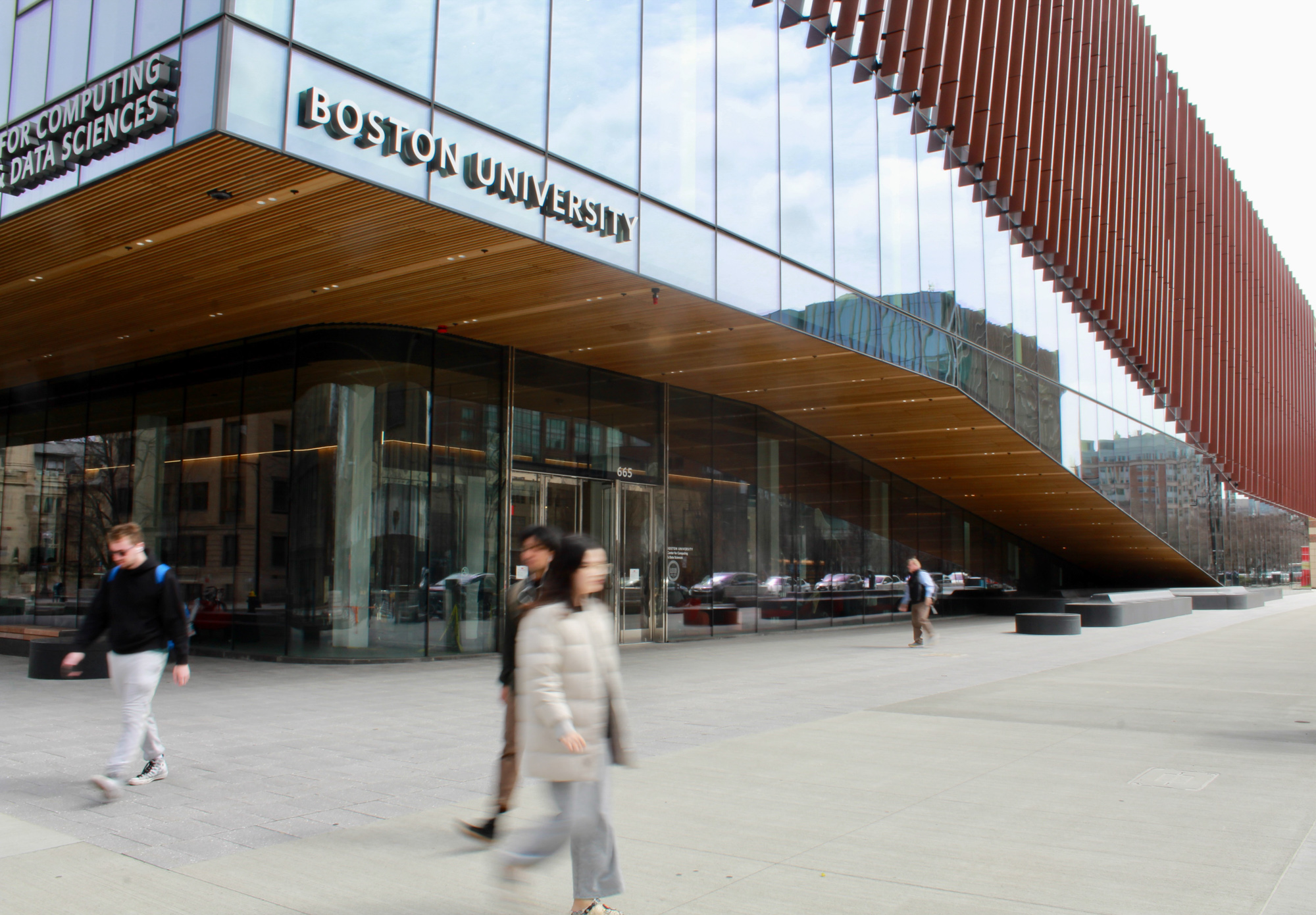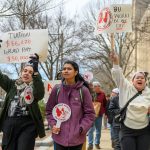In last week’s city council meeting, Boston City Councilor Ed Flynn called for a hearing on the city’s Payment in Lieu of Taxes, or PILOT, program.

The PILOT program was created to support city services by calling on tax-exempt institutions to make voluntary cash and community program payments to the city each year. Participants include educational, medical and cultural institutions that own property valued at $15 million or more, according to the City of Boston’s website.
Stephen Murphy, former Boston City Councilor and founding member of the PILOT task force, said the services these institutions provide led them to be ruled tax-exempt at the federal and state level.
“At the time I was operating in City Hall, Boston got 70% of its revenue from property taxes, meaning that was all off the table for these major institutions, which own an abundance of land and buildings in our city,” Murphy said. “And each time they expand, they take taxable revenue away as they expand their footprints.”
Murphy said the process of requesting payment from these institutions is maintained as voluntary, and each year values must be reassessed.
“It was kind of a gentleman’s agreement,” Murphy said of PILOT while he was in City Hall. “Quite frankly, [it] isn’t being followed now.”
As of 2023, 73.8% of the City of Boston’s revenue was estimated to come from property taxes. In the same year, institutions contributed 76% of the total PILOT requested. For advocates like Murphy, this isn’t enough.
Some of Boston’s most prestigious institutions, such as Harvard, Massachusetts General Hospital and the Museum of Fine Arts, along with over 20 other institutions, have not paid their full requested amount to the city for the past six years.
Northeastern University students published a report highlighting the disparity between institutional payments. In the 2023 fiscal year, hospitals met 91% of their requested amount. Academic institutions paid 68%, and cultural institutions paid 35%.
The Boston Symphony Orchestra is one of the few institutions that pays the full amount of their community services and cash to the city each year, according to an email. Dana Farber Cancer Institute and Boston Architectural College are among the seven other institutions that paid 100% of their requested amount in 2023.
Boston University contributed to the PILOT program more than any other educational institution in 2023. BU spokesperson Colin Riley said the university’s $6.3 million PILOT accounts for 42% of the $15 million in cash contributions.
“That’s pretty significant for one school out of 21,” Riley said.
Riley highlighted that BU, like other universities, pays real estate taxes on commercial properties, which aren’t included in the PILOT program.
Murphy said a critical gap in the current approach has been a failure to hold the institutions accountable.
“Nobody’s actually done the hard work to hold the feet to the fire of the people who agreed to this,” Murphy said.
Gail Latimore, a member of the original PILOT task force and executive director of Codman Square Neighborhood Development Corporation, an affordable housing initiative that is not tax-exempt. Laitmore said it is important for the city to “make those requests of those entities to do as much as possible.”
“We pay taxes on all of our state projects,” Laitmore said. “We’d love to be, but we’re not in that category … All of our affordable housing developments pay [property] taxes.”




